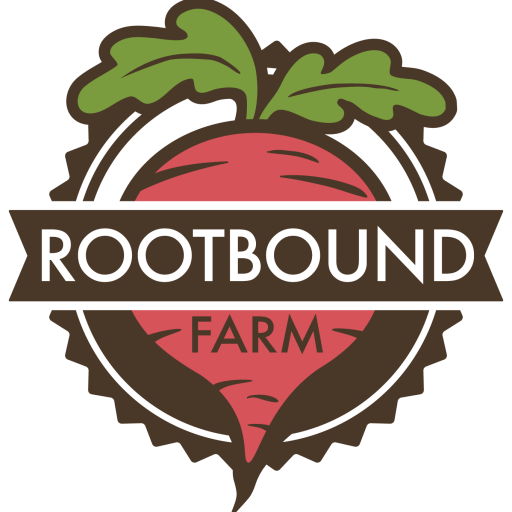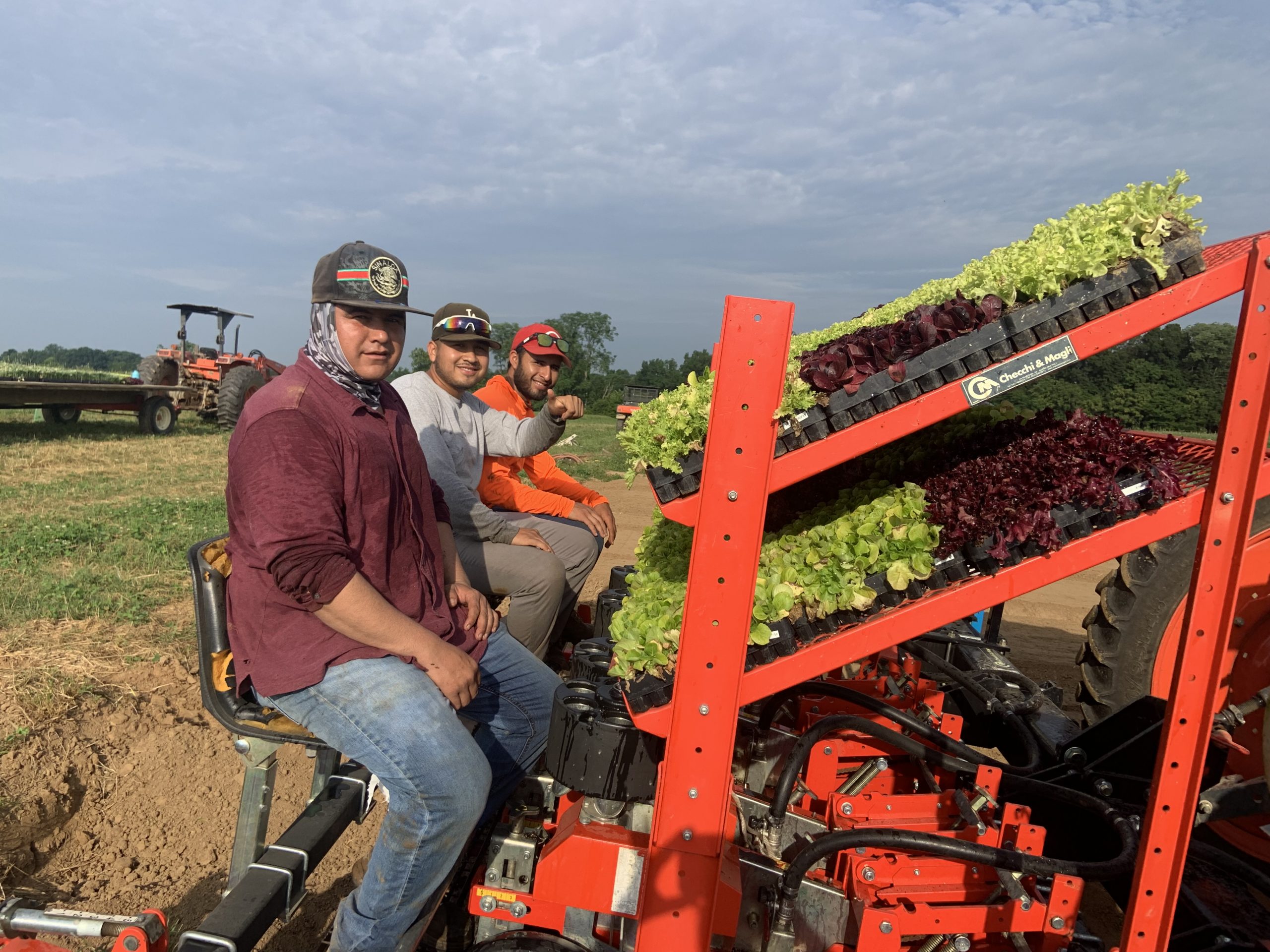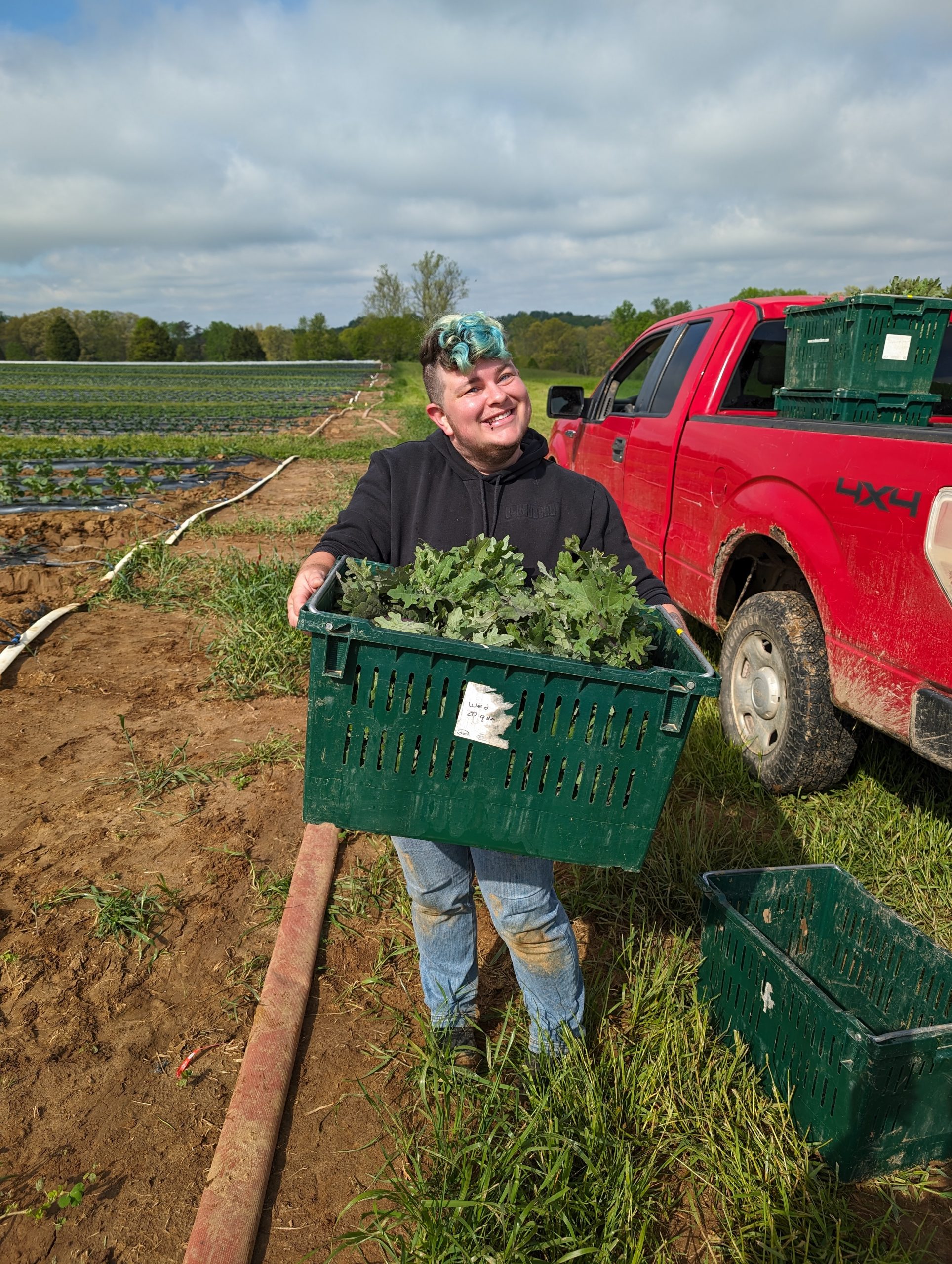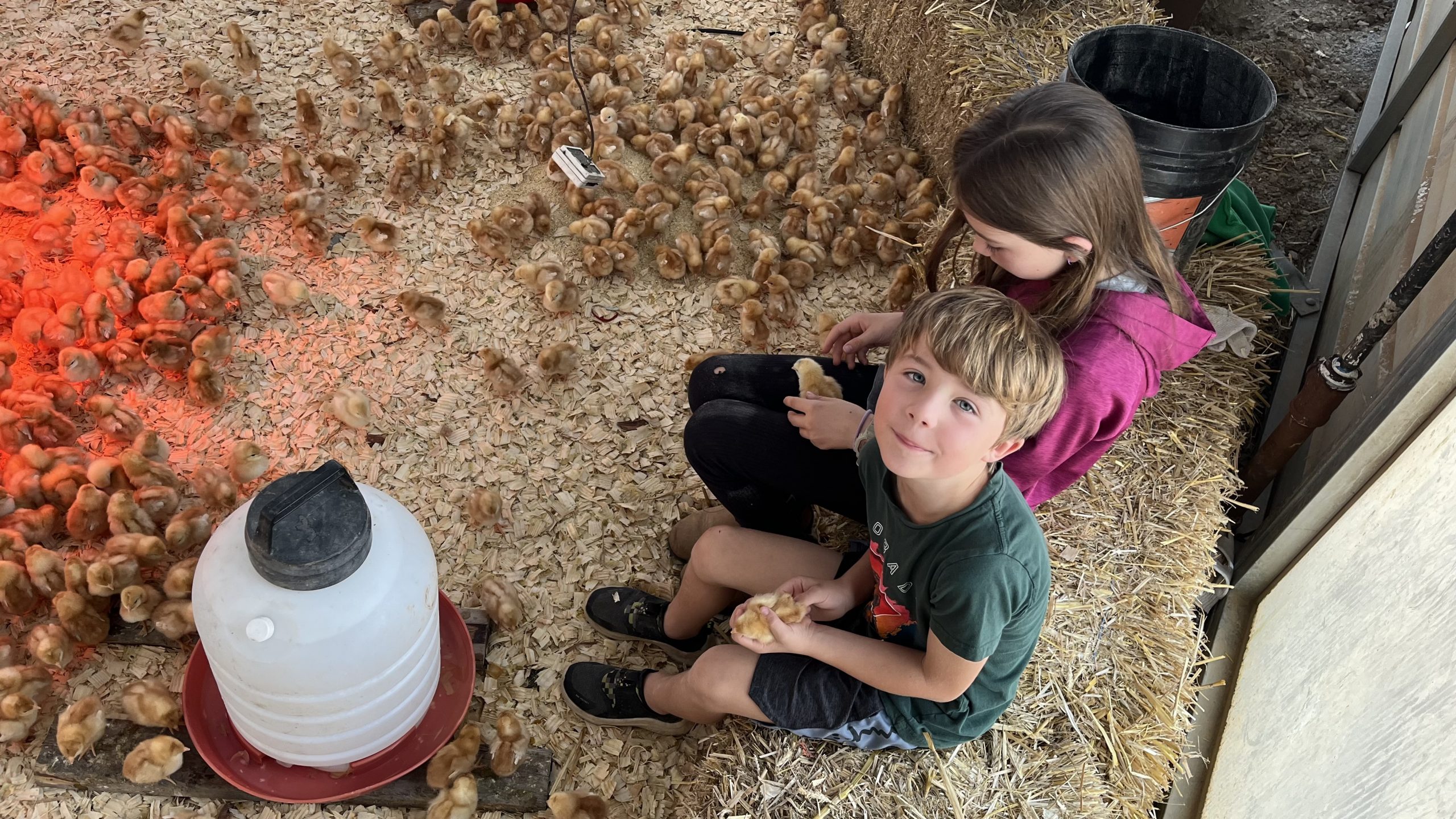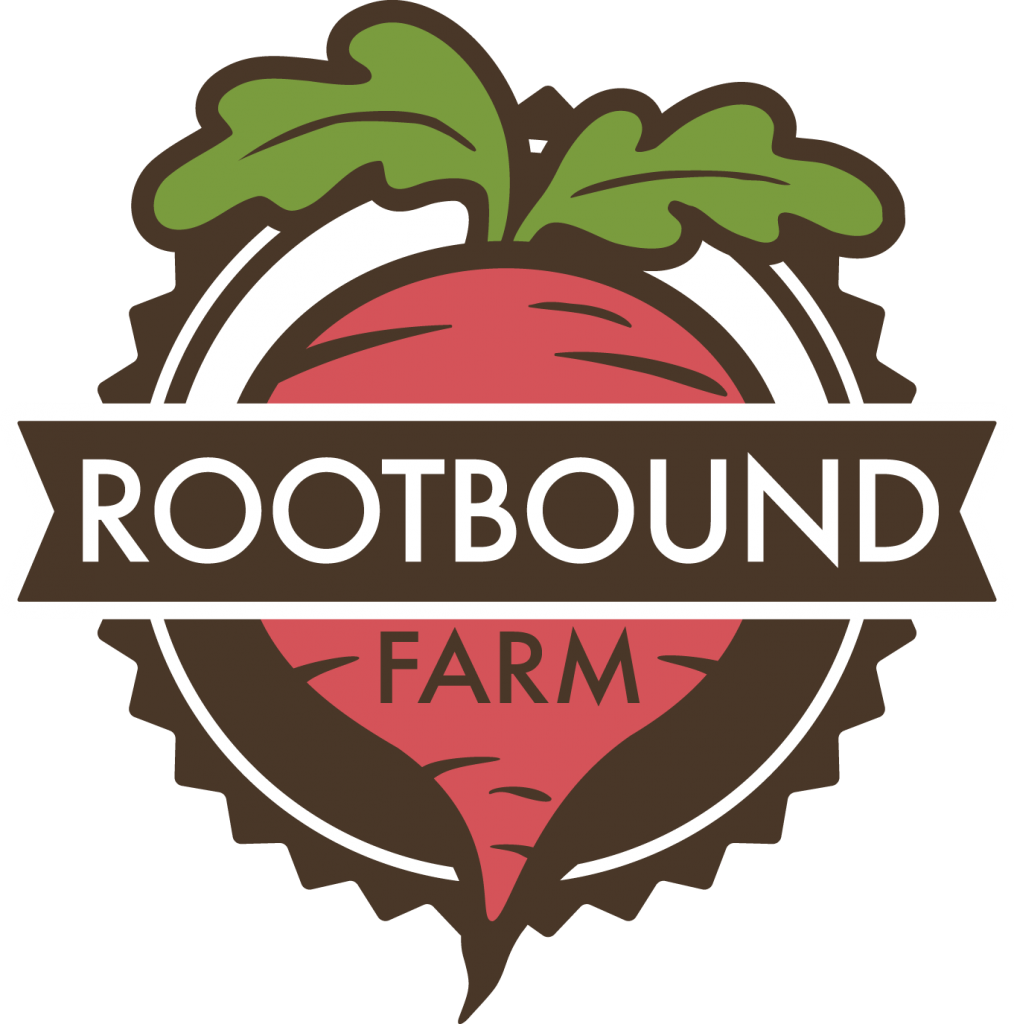Farming organically and having our farm Certified Organic is at the heart of why and how we farm. This week, we thought we’d take a minute to discuss why we choose to farm this way and why we believe it is healthier for the earth, healthier for our customers, and healthier for the farmers who grow the food.
We can explore the values of organic from many different vantage points.
- There are health benefits for consumers, allowing us to limit our intake and exposure to chemicals by choosing food grown organically.
- Environmental stewardship: Organic farming practices set guardrails that better protect our shared environmental resources, such as air, water, and soil.
But one we don’t talk about as often is the impact of organic farming on the people who grow our food, so let’s dig into that more this week!
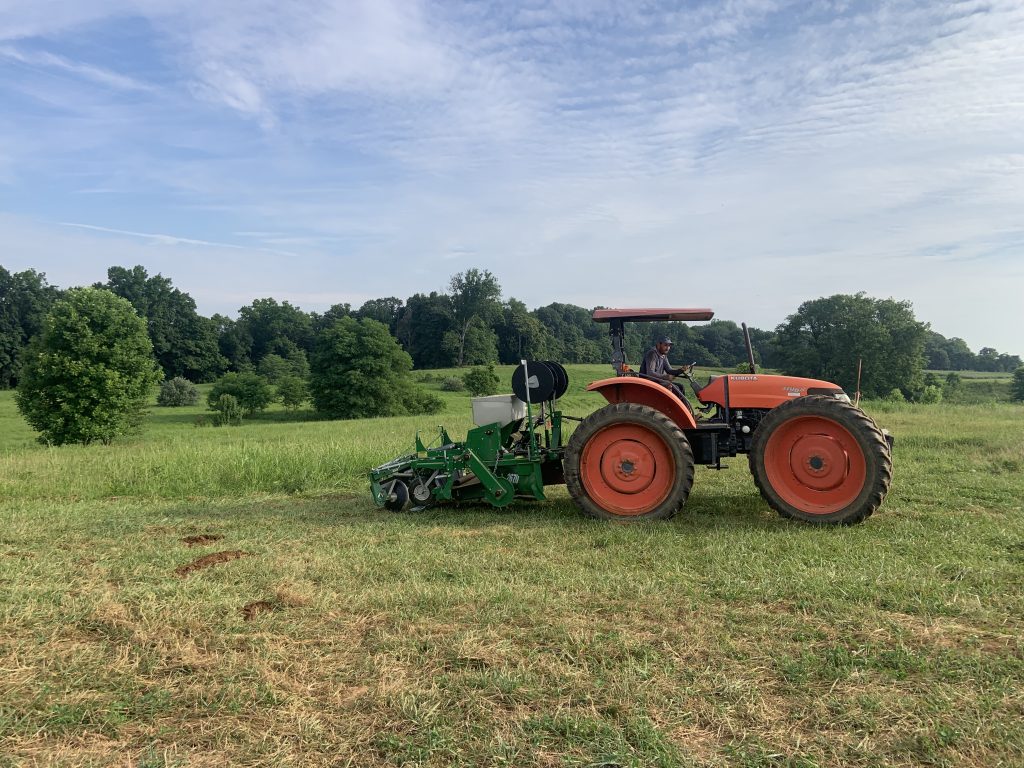
Vegetable farming is hard, physical work. We use tractors, implements, and other modern tools and technology to help us farm efficiently and sustainably. However, it’s still essential to plant, harvest, cultivate, and care for our crops with hand labor. And while we are at the mercy of Mother Nature, much of the work we do has to go on irrespective of her whims. Often, that means farmers at Rootbound still must harvest, plant, and weed, whether it’s cold, rainy, and muddy or the heat index is pushing 103 (like last Saturday!). In the face of these extremes, we work hard to make sure everyone here is working as safely and enjoyably as possible.
Exposure to the elements isn’t the only risk to farmworkers, though. Because of the close nature of plant care in conventional chemical-intensive farming, farmworkers are vulnerable to exposure to toxic and dangerous products. Even the products that are not allowed to be present in the foods we eat are still allowed to be handled and sprayed by the farmworkers with very little regulatory protection. Pesticide exposure makes farming one of the most dangerous professions. Nationwide, farmworkers suffer more chemical-related injuries and illnesses than any other workforce. Short-term effects include stinging eyes, rashes, blisters, blindness, nausea, dizziness, headache, coma, and even death. Long-term impacts such as infertility, neurological disorders, and cancer are also prevalent.
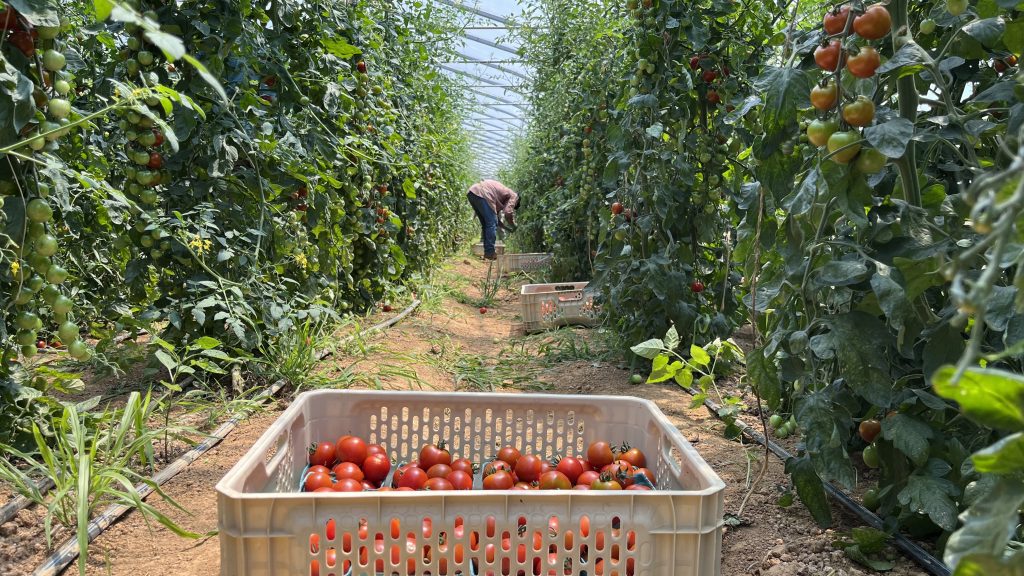
Our commitment to certified organic agriculture means we are not using any toxic chemicals and pesticides/herbicides in our farming practices. It is also a commitment to the employees here at Rootbound Farm. Our goal has always been to make our farm a source of life, health, and community, and that begins with the team that makes it all possible. As our farm has grown over the past decade, that team has grown as well. We’ve gone from having a couple of seasonal staff (and a lot of unpaid family members!) 11 years ago to 22 full-time employees today. These folks are the foundation of our farm’s success. They show up and put in the work day in and day out. We owe it to them to do our very best to be committed to their well-being. That doesn’t mean we have it all right, and farming is still a high-risk occupation with modest wages. But we are committed to constantly evaluating, receiving feedback, learning from our shortcomings, and striving to build a farm, a business, and a community that values people and the planet.
Your commitment to our farm and organic practices is an investment in the people behind the scenes. Your CSA membership is an investment in safe and dignified farm work for the people who will be here to grow our food for the long haul. Thank you for choosing the Rootbound Farm CSA!
Meet One of the Farmers: Imanol Gusman Casillas
For this week’s staff spotlight, I interviewed one of our younger team members, Imanol. It’s his second year, and he’s already vying to drive the tractors and learn how to prepare the planting beds with heavy machinery.
At the moment, he does a combination of jobs that includes seeding, weeding, and harvesting. “Me gusta todo, pero las hojas son mejor.” I like to do everything, but the leafy greens are the best. He’s referring to harvesting kale, spinach, and other spring greens. Even though these items on the harvest list require our farmers to rise before the sun, Imanol says, “es facíl,” it’s easy.
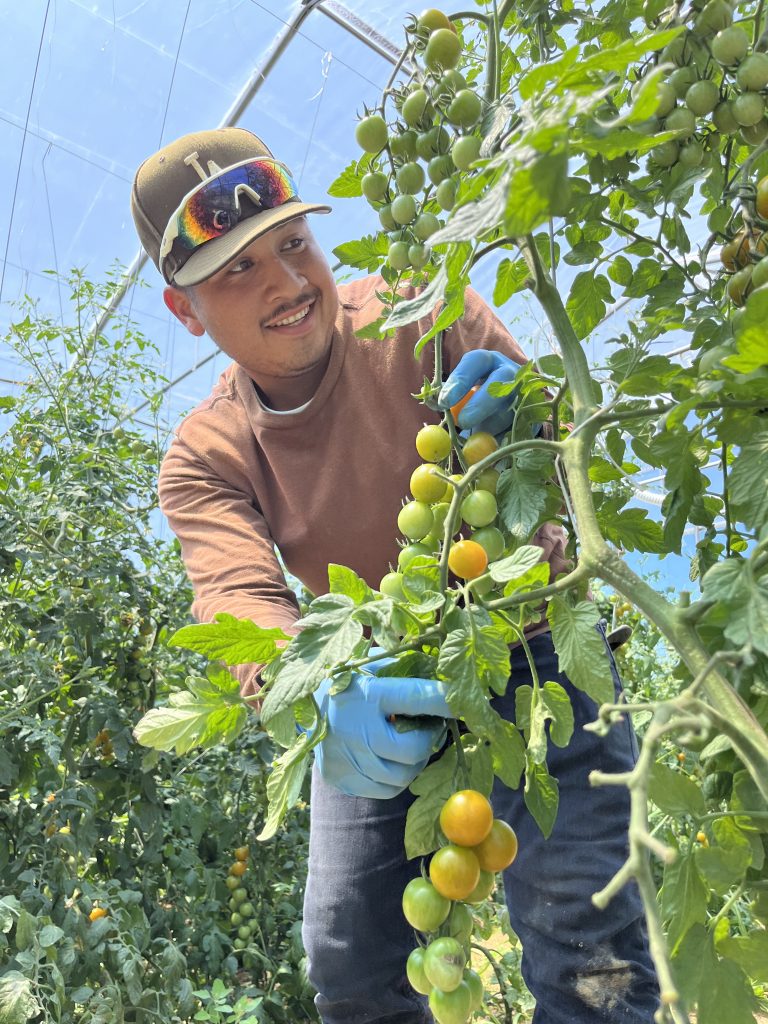
He is the youngest of three brothers who do agricultural work in Kentucky. “Cuando tenemos tiempo, ellos vinieron aquí y comemos carne asada.” When we have time, they come over, and we eat carne asada, a type of grilled meat.
During Rootbound’s off-season, Imanol returns home to continue his work. “Aqui, para divertir, jugamos voleibol,” here, we play volleyball to have fun. When I asked him what he misses doing for fun in Nayarit, he responds “no hay tiempo, extraño la comida.” There isn’t time, and I miss the food. While he’s at Rootbound, he enjoys eating tomatoes, serranos, jalapenos, and onions with “carne de res,” with red meat. When it comes to food from home, he misses his mom’s “tostadas de pollo con lechuga y crema,” pulled chicken tostadas with lettuce and sour cream.
Before joining our team, Imanol was a full-time construction worker in Nayarit, building small single-family homes. He likes learning new things, something we all have to do when we start a new job. “El primer vez es deficíl, pero despues es facil.” While we discuss new harvests and jobs on the farm, Imanol displays the characteristics of a fast learner, saying that learning something new the first time is hard, but after that, it gets easy. It’s no wonder why he is eager to learn the bed preparation jobs Rootbound veterans like Don Chepe usually take care of.
Customization and Preparation Tips for Summer Bounty
With summer produce flowing in, our CSA box curation opportunities keep getting bigger. Our shares are substantial, leaving opportunities for you to get creative with customization. It can be difficult to make that impulse decision while your window is open, so we thought we’d get the gears turning the week before your next box.
Add on the staples. Hardy herbs and alliums keep for longer, and you can quickly fill up a share box with credits when you add these items to your cart. Keep them on hand to create a full recipe for the next week.
Transform your produce. The onion is a versatile vegetable that you can pickle, caramelize, and cook down to build a sauce. Most farmers and grocers store onions for a long time, so here’s the best way to store them at home.
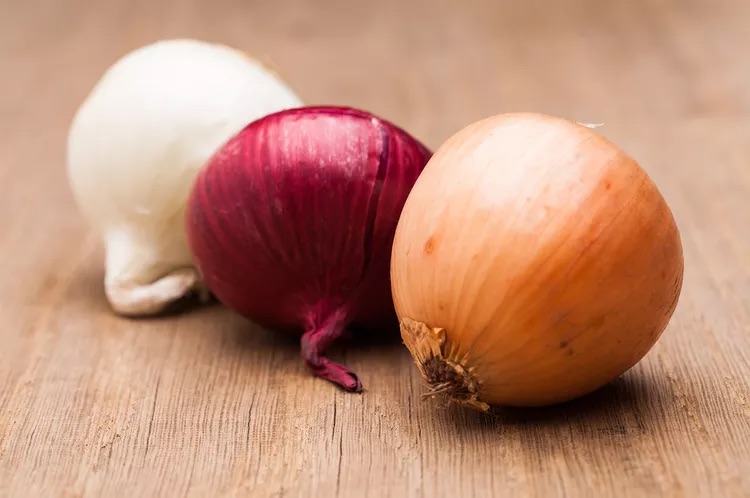
Stretch your herb’s shelf life. Fresh and delicate herbs like basil, cilantro, dill, and parsley are difficult to keep for a long time because they wilt in the fridge’s harsh temperature. Remove the orange tie and place the parsley, dill, and cilantro in a fresh glass of water, then cover with a reusable bag.
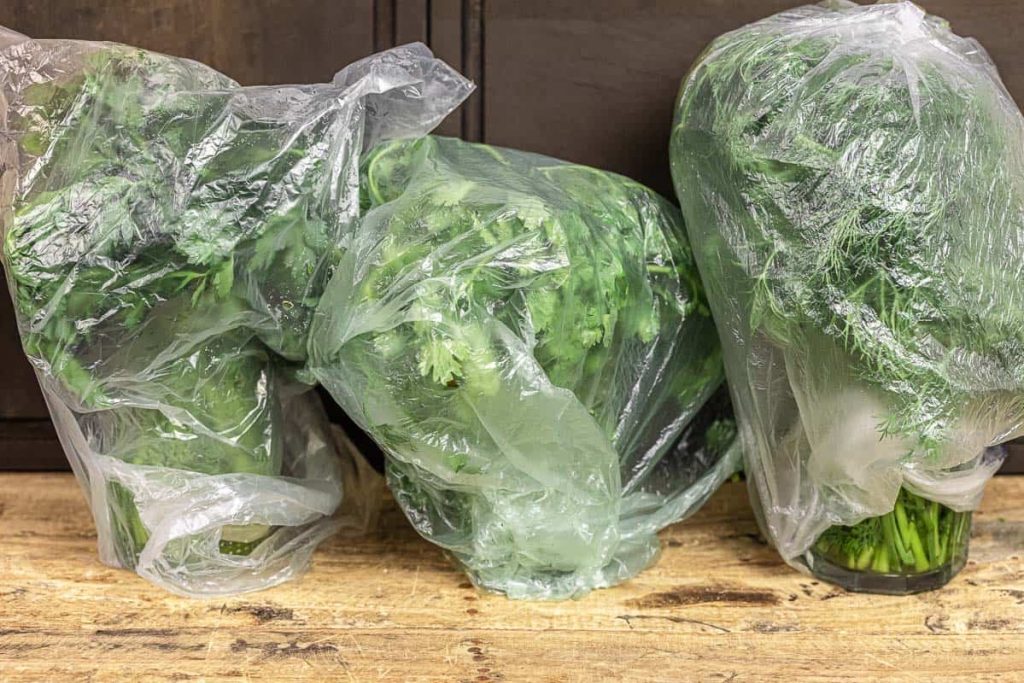
Create sauces and condiments. Roast and crush tomatoes into a sauce, dry the sage and thyme, blend basil into oil or pesto, confit the garlic, and caramelize the onions. These condiments, spices, and sauces extend the lifespan of the original ingredient so that you can savor their flavor into the off-season months.
Freeze your items. You can always freeze your whole tomatoes, create pesto ice cubes, and blanch greens for future months. Spring and summer produce isn’t available year-round, so it’s nice to have things stocked up for the gray months.
Don’t forget about fermenting. Beets, cucumbers, onions, peppers, and turnips can all withstand a quick pickle or even a lacto-ferment. Blend lacto-fermented peppers into a hot sauce, top broccolini with pickled onions, miso, and chopped almonds, and enjoy juicy and rich grilled meats with pickled cucumbers, beets, and turnips.
Potatoes! Boil ‘em, mash ‘em, stick ‘em in a stew.
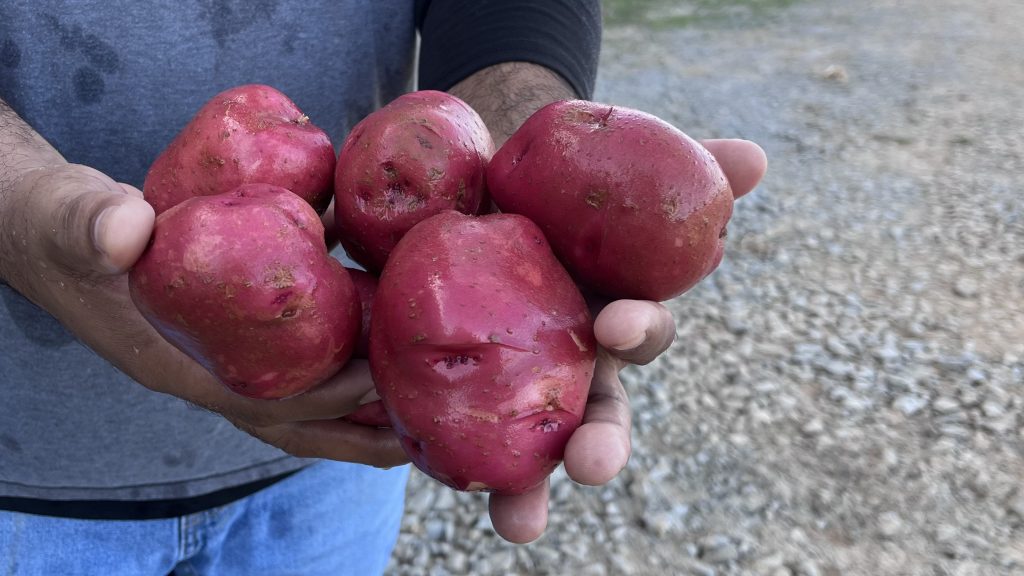
Potatoes are finally here! We officially dug out our first harvest of potatoes over the weekend for their debut in your box today. This edible gold is one of the few examples of produce like onions and garlic that we prepare to grow months in advance. As you may know, potatoes grow from older “seed” potatoes, which are cut and “chitted” in the fall to grow eyes, then planted in the ground and harvested three months later. This process makes this first harvest of potatoes a celebration and a blissful beginning to many more months of starchy goodness.
While the potatoes in your box this week are red-skinned, the variety will only expand as we grow Yellow, Purple, and additional varieties of potatoes. Variety exists not only for culinary versatility but also because different potatoes grow well in different temperatures and seasons and have different storage needs.
From home fries to mashed potatoes, dopiazeh aloo, shepherd’s pie, souanla todousi, patatas bravas, and rostis, there are endless iterations of this versatile tuber. We hope you’ll share your creations with us on social media!
Golden Beet Recipes
Coleslaw: Mayo and No Mayo
Cooked Cabbage Recipes
Tomato Recipes
| Falafel-Spiced Tomato and Chickpea Flatbread – Broma Bakery |
| The Be-All-End-All Tomato Sandwich – Food52 |
Make a Meal with Lamb
| Khoresh Bademjan (Persian Lamb Leg and Eggplant Casserole) – Saffron and Herbs |
| Shivid Polo (Persian Dill Rice) – My Persian Kitchen |
Summer Pizzas
Patatas Bravas
Corn Recipes by Frankie Gao
| Corn Mac and Cheese – Little Fat Boy |
| Steamed Egg with Roasted Corn Broth – Little Fat Boy |
| Ohio Corn Soup – Little Fat Boy |
| Sweet Corn Ice Cream – Little Fat Boy |
How to Prepare Canner Tomatoes
| Make Pomodoro Sauce – Serious Eats |
| Sun-Dry Your Tomatoes – Alpha Foodie |
| Can Your Tomatoes – Martha Stewart |
| Freeze and Thaw – The Kitchn |
